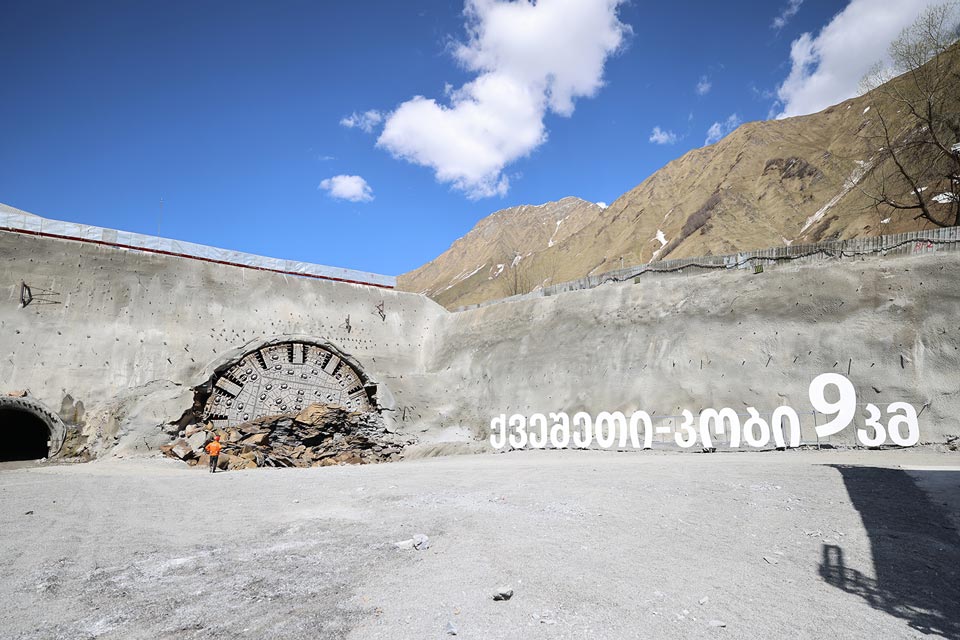**Chinese Company Raises Concerns in Georgia**
A local non-governmental organization (NGO) has raised alarm about a Chinese company working on a strategically important infrastructure project in Georgia. The report by Civic Idea, released on January 14, details the problems with the infrastructure projects implemented by China Railway Tunnel Group (CRTG) in various countries.
**Problems with CRTG**
The CRTG is an engineering giant that has already implemented one project in Georgia and is currently working on another. Both are part of the larger North-South Corridor, a route connecting Russia to its southern countries, including Iran. However, the report notes that similar partnerships with Chinese companies have often been fraught with security risks, violations of the law, and allegations of corruption.
**Controversial Track Record**
The CRTG has a controversial track record, having faced multiple allegations of corruption, fraud, labor rights abuses, safety standards breaches, environmental violations, and more. In 2019, the World Bank debarred CRTG for nine months over misconduct in a project in Georgia. In 2020, CRTG was named on a U.S. Pentagon blacklist of Chinese companies with close ties to the Chinese state and its armed forces.
**Activities in Georgia**
The CRTG has been contracted for two infrastructure projects in Georgia: the Kvesheti-Kobi and the Stepantsminda-Gveleti highways. The Kvesheti-Kobi highway construction project started in 2019, but construction is still ongoing due to delays. Local experts speak of the risks involved in the construction of the North-South Corridor, including military and geopolitical risks for Georgia.
**Environmental Concerns**
The CRTG’s work has raised environmental concerns, with the Green Alternative CSO complaining to donors about violations of environmental regulations and lack of an environmental impact assessment.
**Conclusion**
Civic Idea notes that the Georgian government‘s decision to work with CRTG echoes problematic experiences with Chinese companies in the past. The paper concludes that there is reason to fear the Stepantsminda-Larsi project will run the risk of possible delays, rising costs, and deteriorating quality, as well as environmental and security concerns.
Read More @ civil.ge













